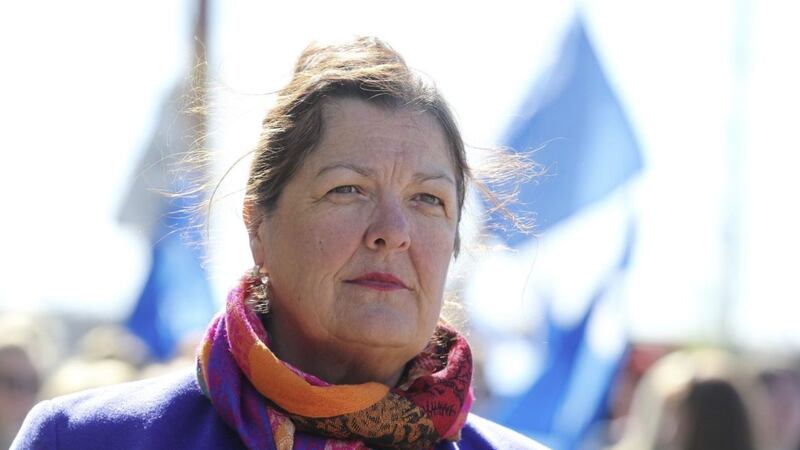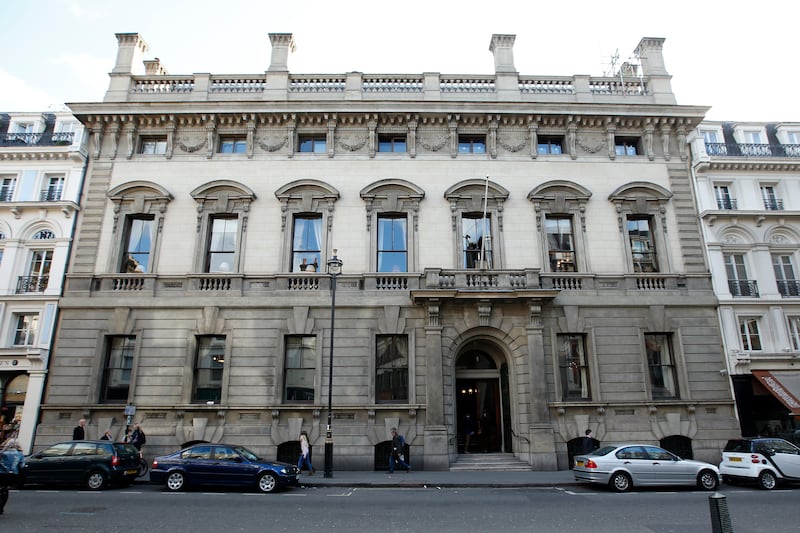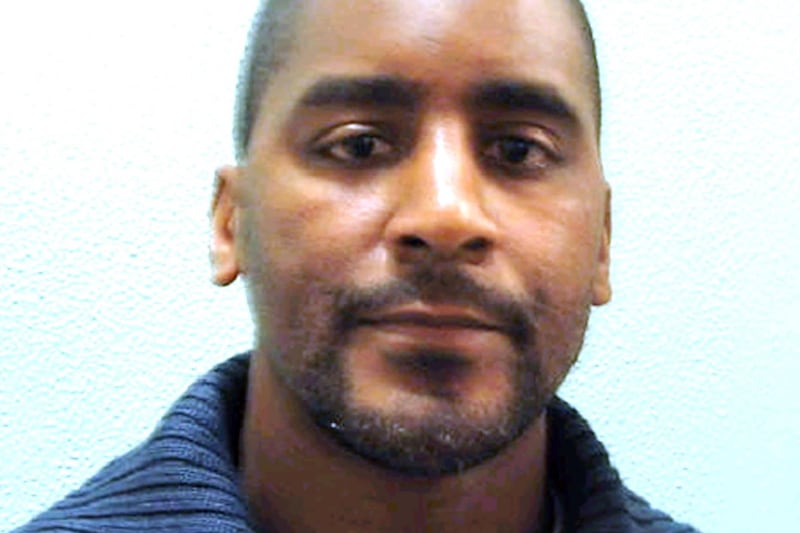A LEADING doctor has warned of the "potentially harmful impact" of new legislation that will force women who have been raped to relive their ordeal to qualify for some benefits.
Dr Michael McKenna, a west Belfast-based GP, also criticised the lack of consultation with health professionals in Northern Ireland over the controversial British government measure and the absence of any training to help those affected fill out "rape forms".
A "two child" policy was introduced in England in early April, limiting tax credits worth up to £2,780 per year to a family's first two children, and came into effect in the north last month.
It includes an exemption for children born as a result of rape or for new mothers who were in an abusive relationship.
Other exemptions relate to triplets or mothers who have adopted a third child.
GPs across Northern Ireland received letters from the Department for Communities three weeks ago informing them of the changes and that they can act as an "approved third party" in assessing the credibility of a woman's claim for a third child.
Dubbed the "rape clause", a victim seeking the payment must complete a "non consensual conception form" with the help of a health professional, the department letter states.
Nurses, midwives, health visitors, registered social workers and some Women's Aid groups in the north are among those who can act as assessors.
Dr McKenna said the fact the department was asking victims to "commit this to paper" was "insensitive at the very least".
"We are asking women to drag up memories that may have been buried - my concern is around the potentially harmful impact on individuals," he said.
He added: "This has come out of the blue from my point of view, I knew it was happening in England but it wasn't even on my radar. The forms themselves have no format... and there is the issue around proving this. If Social Security decide to challenge this, what happens?"
There was a public outcry when the two-child policy was first mooted by the Conservative Party in 2015 as part of a drive to cut billions from the UK's social security bill.
It was officially introduced in a document in Britain on the day of Donald Trump's inauguration.
It is expected to save £1.3bn a year by 2020.
Janice Smyth, director of the Royal College of Nursing, branded the legislation as an "inhumane approach" to rape victims seeking benefits.
"We do not believe this is the role of a nurse. If someone who is raped does make a disclosure we will refer it to the relevant authorities. There has been no consultation with us, while no training has been offered to nurses dealing with this. We have also not been contacted by the Department for Communities."
A number of professional unions in Britain and some rape charities have already said they will refuse to act as third party assessors on principle.
Glasgow Rape Crisis Centre said its role was to provide support, counselling and advocacy to survivors of sexual violence, and it "was not an arm of the treasury".
Breedagh Hughes, director of the Royal College of Midwives, also branded the legislation "grossly unfair".
"The Department for Communities is asking health professionals to police the system. I know they say it will only apply to a small number of people affected but for me one is too many," she said.
"The issue of trust is fundamental in the relationship between mothers and a midwife and if a woman discloses she has been raped there are very clear protocols in place. I think its pretty humiliating and demeaning for a woman to be forced to go through this or face being financially penalised."
A Department for Communities official states in the letter to GPs that he is aware it is an "extremely sensitive issue" and offers "advance thanks" for the support doctors can give.
A link in the correspondence provides "guidance" for health professionals who may be approached by women affected - but no formal training has been offered. The Department of Health has not issued any information on the policy to its NHS workers.
Dr George O'Neill, a Belfast GP, said the move amounted to health professionals requiring a "new skills set".
"This is surely a matter for the police and justice system and will become a further burden for an overstretched GP service.
"These are very difficult cases with vulnerable people - how do you prove and disprove rape in order to qualify for a benefit?"








